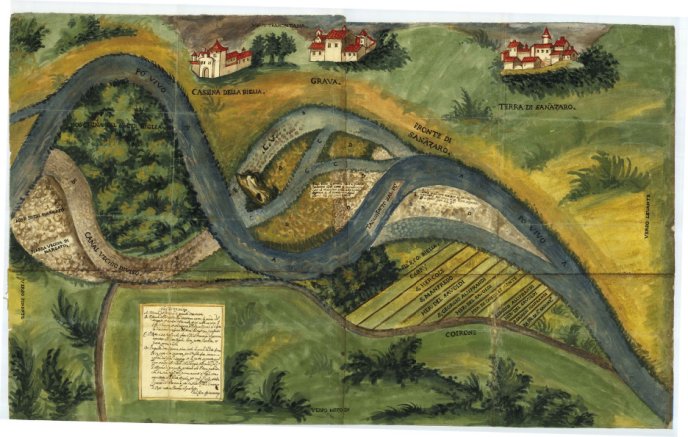Environmental humanities are a new research horizon for the social sciences as a whole, since the beginning of the 21st century and with increasing intensity over the last five years. They are renewing both the theoretical questionnaire and the data on which long-term analyses of social worlds are based. This development is closely linked to the growing contemporary concern about the destruction of the human environment. However, the historicization of the relationship between societies and their environment still seems inadequate, even though it allows us to distance ourselves from the supposed givens that distort current debates, and to bring out concepts that are useful for re-reading the relationship between humans and the components of their living environment.
At a time when the study of ancient societies and their environment is at the forefront of research and funding, a discussion on the state of the field built around environmental issues seems necessary. This one-day workshop will bring together specialists from different disciplines and academic traditions (archaeology, geography, history and philosophy), who have produced their own reflections and used different tools (GIS, sedimentology, palynology, etc.) to address the subject of relations between human societies and so-called natural environments, as well as the discourse that surrounds them.
The aim is to clarify the technical and theoretical conditions necessary for truly interdisciplinary and transperiodic studies. The historicization of the anthropization process and the analysis of its traces will be at the heart of the discussions, and the different types of documentation used will be presented in relation to their technical and theoretical biases.
The Avenir Commun Durableinitiative is supported by the Collège de France Foundation, its major sponsors Fondation Covéa and TotalEnergies, and its patrons FORVIA and Saint-Gobain.


